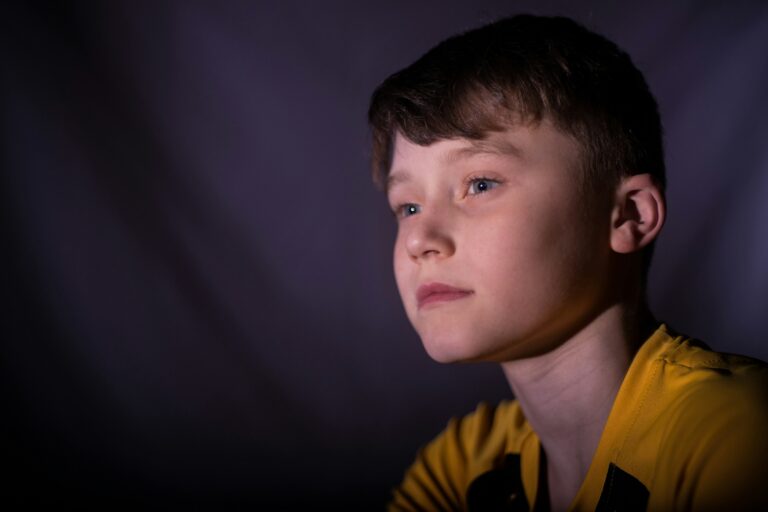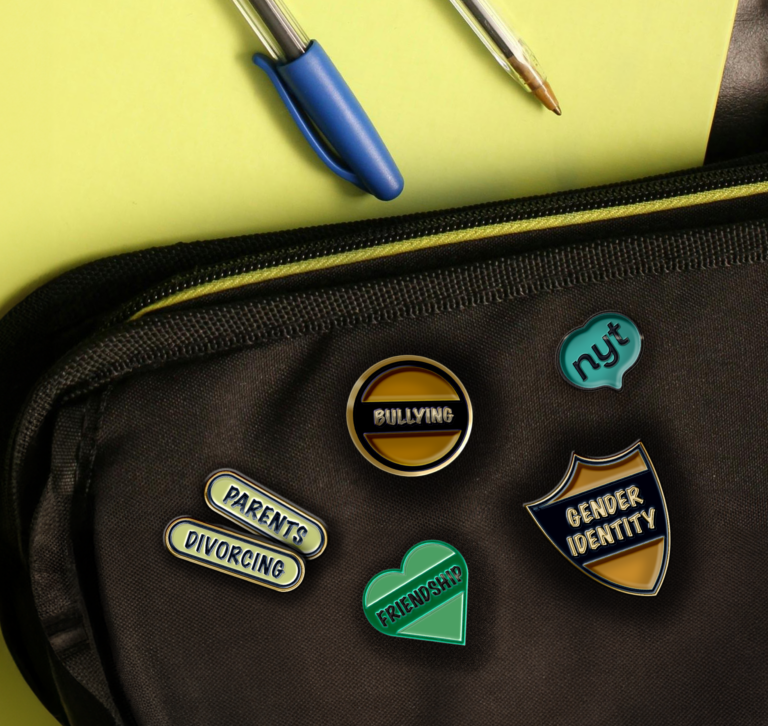
The school environment can bring unique challenges for families. For some children, the combination of social pressures, academic expectations, and daily routines can trigger explosive anger that leaves everyone feeling drained and worried. If your child’s emotional reactions have become more intense, you’re not alone – and there are practical ways to help.
Childhood anger often intensifies during times of stress or transition. The combination of social pressures, academic expectations, and routine changes can overwhelm a child’s developing emotional regulation system, leading to outbursts that affect home and school life.
Why School Can Trigger Angry Outbursts in Children
Understanding the root causes of your child’s anger is the first step in helping them manage it more effectively. School environments present multiple potential triggers that can accumulate throughout the day.
Academic frustration is one of the most common anger triggers. When children feel they’re not meeting expectations – whether their own, their teachers’, or their parents’ – frustration can quickly escalate to rage. This is particularly challenging for children with learning differences who may be working twice as hard for the same results as their peers.
Social dynamics in school can be complex and stressful. Friendship conflicts, feeling excluded, or experiencing bullying can create intense emotional responses that children struggle to process appropriately.
Sensory overwhelm affects many children more than we realise. Noisy corridors, crowded classrooms, scratchy uniforms, or uncomfortable seating can create a constant low-level stress that eventually erupts in anger.
Transition difficulties between activities, subjects, or social situations can be particularly challenging for children who need time to process changes. When rushed or pressured to switch gears quickly, their stress response can manifest as anger.
Recognising When Anger in Children Becomes a Concern
All children experience anger – it’s a normal, healthy emotion. However, when anger begins to interfere with relationships, learning, or daily functioning, it may be time to seek additional support through child anger management therapy.
Signs that anger may need professional attention:
- Explosive outbursts that seem disproportionate to the trigger
- Physical aggression towards objects, themselves, or others
- Anger that lasts for extended periods (hours rather than minutes)
- Difficulty calming down even with comfort and support
- Repeated incidents that affect school performance or friendships
- Your child expressing distress about their own angry reactions
Helping an angry child starts with understanding that beneath anger, there’s usually another emotion, such as fear, sadness, overwhelm, or frustration. Children often express these more vulnerable feelings as anger because it feels more powerful and less frightening than admitting they’re scared or hurt.
Morning Strategies: Prevention is Key
Many school-day meltdowns actually begin at home, making morning routines crucial for anger prevention. Here are some ideas you can try.
Create predictable morning routines that allow plenty of time without rushing. When children feel hurried or pressured, their stress levels rise before they’ve even left the house.
Establish clear expectations and boundaries around morning behaviour. Children feel safer when they know what’s expected, but be prepared to adjust these expectations if your child is struggling with emotional regulation.
Build in emotional check-ins during breakfast or the car journey. Simple questions like “How’s your energy feeling today?” or “What are you looking forward to?” help children identify and express emotions before they build up.
Practise calming techniques when emotions are low, not high. Teaching breathing exercises, counting strategies, or physical tension release techniques during calm moments means children can access these tools when their stress levels rise.
Working with Teachers: Creating a Supportive Team
When your child’s anger affects classroom behaviour, working collaboratively with teachers becomes essential for success.
Share relevant information about your child’s triggers and what helps them calm down. Most teachers appreciate insights that help them support your child more effectively.
Discuss early warning signs so teachers can intervene before full-blown outbursts occur. Often, children show subtle signs of building frustration before they explode.
Create a plan for managing difficult moments – whether that’s a quiet space in the classroom, a trusted adult your child can speak to, or a signal system that alerts teachers to rising stress levels.
Regular communication helps everyone stay on the same page about what’s working and what might need adjusting. Brief weekly check-ins can prevent small issues from becoming major problems.
Teaching Emotional Regulation: Practical Techniques
Children aren’t born knowing how to manage big emotions. Just like reading or riding a bike, these are skills that need to be taught and practised.
Help them understand their anger signals. Children often say anger “comes from nowhere”, but there are usually physical warning signs. Teach them to notice tense shoulders, clenched fists, or a racing heart as early warnings.
Introduce the “anger thermometer” concept where they rate anger from 1-10, discussing what each level feels like and what strategies work at different intensities. At level 3, deep breathing might work. At level 8, they might need space and physical movement.
Practise problem-solving during calm moments. Role-play common school scenarios and discuss different ways to respond. “What could you do if someone takes your pencil?” “How might you handle feeling confused in maths?”
Validate the emotion while addressing the behaviour. “I can see you’re really frustrated about homework, and it makes sense that you’d feel angry. Throwing books won’t help us solve the problem, though. What else could we try?”
When Professional Support Makes the Difference
While many children learn to manage their anger with consistent support at home and school, some benefit significantly from specialised child anger management therapy.
Professional support can help when:
- Anger outbursts are frequent, intense, or prolonged
- Physical aggression becomes a patter
- Your child expresses wanting to change but can’t seem to manage their reactions
- Family relationships are being strained by ongoing anger issues
- School performance or friendships are being negatively affected
Child anger management therapy isn’t about suppressing anger or making children “compliant”. It’s about helping them understand their emotions and develop healthy ways to express and manage them.
Our Approach to Anger Management for Children
At Now You’re Talking, we understand that behind every angry child is a young person who’s struggling to cope with feelings or situations that feel too big for them to handle alone.
Our child-centred approach to anger management therapy includes:
Understanding the whole child – we look at what’s happening in all areas of their life, not just the angry episodes. Often, anger is a symptom of other challenges like anxiety, trauma, or neurodevelopmental differences.
Age-appropriate techniques that make sense to children. We might use games, stories, art, or role-play to help children understand their emotions and practise new responses.
Family involvement, because sustainable change happens when everyone understands the child’s needs and can support their emotional development consistently.
Practical skills that children can actually use in real-life situations. We practise these techniques in session and help children apply them at home and school.
Building emotional vocabulary so children can name and communicate their feelings more effectively, reducing the likelihood that emotions will explode unexpectedly.

Building Long-Term Emotional Resilience in Children
The goal isn’t to eliminate anger from your child’s emotional repertoire. Anger serves important functions, alerting us to problems and injustices. Instead, we aim to help children:
- Recognise anger as it builds rather than being overwhelmed by it
- Choose responses that help rather than harm their relationships and goals
- Communicate their needs and boundaries effectively
- Develop confidence in their ability to handle challenging situations
With the right support, children who struggle with anger can learn to channel that intense emotion into positive change and assertive communication. The energy behind anger can become the fuel for problem-solving and standing up for themselves and others.
Moving Forward: Supporting Your Child’s Growth
If your child’s anger feels overwhelming or out of control, remember that seeking help is a sign of caring parenting, not failure. Every child’s emotional development happens at their own pace, and some need extra support to develop the skills that others seem to acquire naturally.
School challenges and transitions offer opportunities to implement new strategies and access support that can make a real difference. Whether your child is starting a new school year, changing schools, or simply navigating daily academic and social pressures, the tools and support they need are available.
Is your child’s anger interfering with their school success or family harmony? Our child anger management specialists are here to help. Book a free 15-minute consultation to discuss how we can support your child in developing healthy emotional regulation skills.


